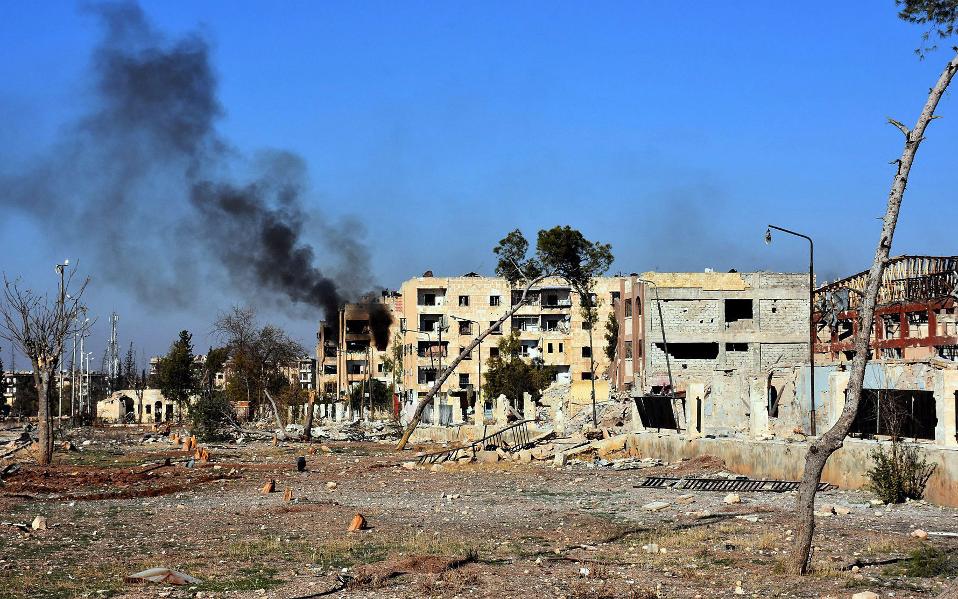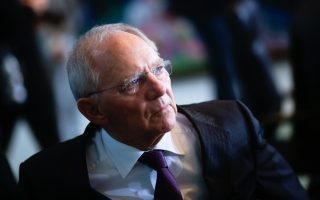Aleppo: The beginning of the end

In the last few days, Syria and Turkey have experienced dramatic developments on a massive scale. The prevalence of Syrian troops in Aleppo with the support of Russia and the execution of the Russian ambassador in Ankara are directly connected, marking both the beginning of a new period in Syrian-Turkish relations but also in the relationship between Ankara with Russia and NATO.
Damascus’s victory in Aleppo means slowing or even the end of the West’s efforts to split Syria by establishing a Sunni state with its capital in Aleppo in northern Syria, as sought in the first instance, and the removal of Bashar al-Assad from Damascus then. Assad’s victory in Aleppo puts an end to his opponents’ dreams and enhances the effort to keep Syria united, preventing at this time any effort to redraw borders in the region. What now remains for Assad’s opponents is the prospect of Syria’s partition by supporting the separatists Kurds. However, from now on – and after the outcome of the battle of Aleppo – Assad is expected to have one more ally on his side: Turkey.
Aware that it is unable both to expel the Syrian president and to keep the Kurds under its influence, Ankara is likely to change its strategy in Syria. A 180-degree shift in attitude towards Assad is expected to bring Recep Tayyip Erntoan at least two benefits: first, the marginalization of the Kurds, given that Damascus and Ankara have common interests amongst Kurds, and secondly strengthening the Moscow-Ankara alliance at a time of intense pressure in Turkey’s economy and security by circles of the so-called international community. Such an alliance is expected to offer Erdogan a medium-term boost not only in regards to the Kurds but also over the reforms being pursued within Turkey.
Such an approach however, entails a price. The modus operandi in the murder of the Russian ambassador corresponds to circles opposed to Erdogan and Russian President Vladimir Putin – circles sending the Turkish president a message about the overall insecurity in his country, while also reminding Moscow of the deterioration of geopolitical competition not only in the Middle East but also on other fronts. It is likely, therefore, that this development will not only exacerbate the confrontation between Russia and the West, but also contribute to the prospect of deteriorating relations between Turkey and NATO, including the prospect of withdrawing from the military wing of the alliance if short-term developments in the case of the Kurds and the Turkish financial system contribute to this. More developments lie ahead.
* Dr Evangelos Venetis is a specialist in refugee and migration studies. The coordinator of the Middle East Research Project of the Hellenic Foundation for European and Foreign Policy (ELIAMEP) recently joined the Refugee Studies Program at the Stavros Niarchos Center for Hellenic Studies, Simon Fraser University, Vancouver.



